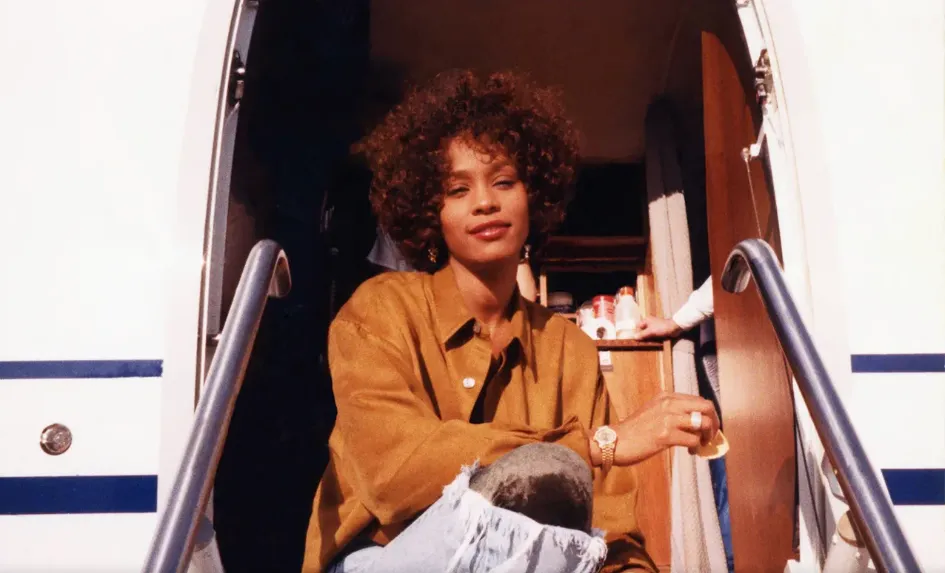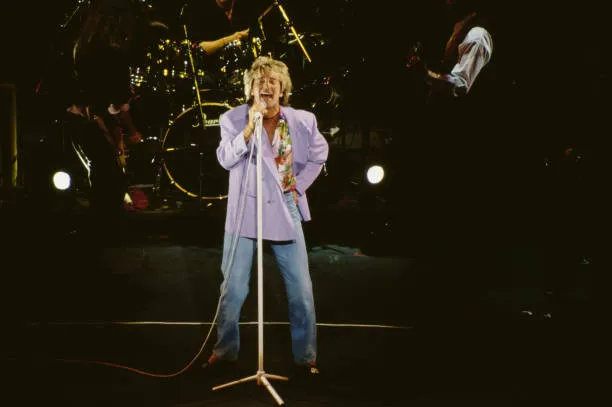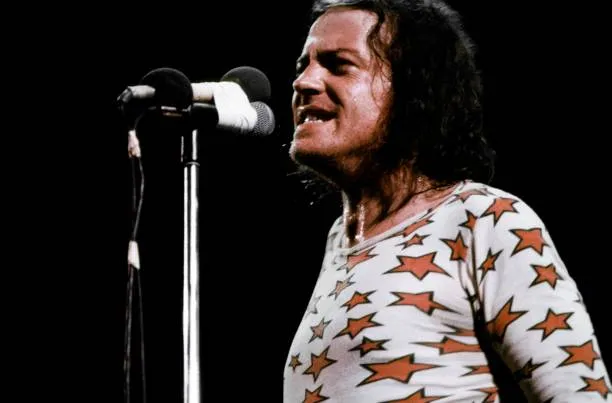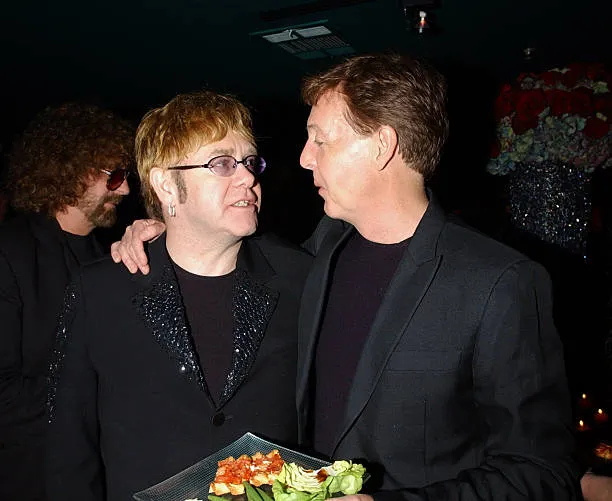There comes a point in every musician’s life where they think that everything’s been done. People can’t keep the fire burning forever, and it normally takes a massive change of pace for people to realise what made them love their craft in the first place before the business side of things came rolling in. Although Eric Clapton could have easily retired after the 1980s and still been fine, he thought that his entire perspective shifted once he released his Unplugged performance.

But if you told a casual Clapton fan that he would be making the equivalent of dad music in the 1960s, you would have been given some dirty looks. ‘Slowhand’ was the rough-and-tumble god amongst guitar players, and since ‘Crossroads’ was still looked at as a masterpiece for fretboard masters, it made more sense for him to keep going down that road for the rest of his days.
That’s not what happened, though. Almost immediately after going solo, Clapton’s trademark Gibson sound got traded in for a Stratocaster, which gave him a cleaner tone that fell more in line with soft rock. Suddenly, the musician with a fire in his belly on ‘Sunshine of Your Love’ was now making pillowy soft rock like ‘Wonderful Tonight’.

While Unplugged seemed like stripping all his rock and roll swagger away from him, though, it does actually make a bit of sense. Clapton lived and breathed the blues, and all of his heroes, like Robert Johnson, had started with the foundation of an acoustic guitar to carry them through their glory years, so why not try his hand at it, too?
The blues standards on the record work like a charm, but hearing revised versions of songs like ‘Layla’ was everything that Clapton could have hoped for. After spending decades as a cry of anguish from a jilted lover, this is that same version with more context, as if that lonely man is still waiting for his muse to ease his troubled mind.

‘Tears in Heaven’ may have primed the pipes for this, but Clapton knew that he hit something different when Unplugged came together, saying, “I think Unplugged helped a great deal. Age. A certain amount of rediscovered security in myself. But I think you still need to see… no matter how I feel about me, I still need to see results. I still needed some kind of exterior proof. And Unplugged was definitely that.”
And if you look at where Clapton went from here, he would spend the rest of his days making that same type of softer take on rock and roll. He could still bust out the blues chops when he wanted to, but listening to Pilgrim wasn’t coming from someone unsure about themselves anymore.
Clapton had finally figured out what he wanted out of his music, and in terms of raw execution, no one could touch him when he stripped everything away. He could hide behind those walls of fuzz guitars during the 1960s, but once he picked up an acoustic, it was all about emotional honesty whenever he went into the studio.



